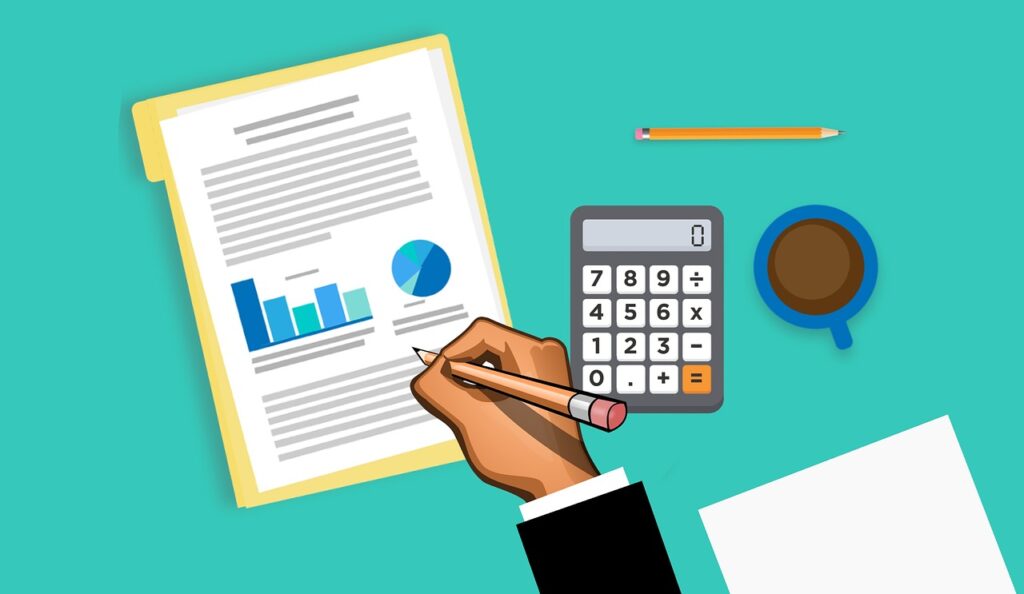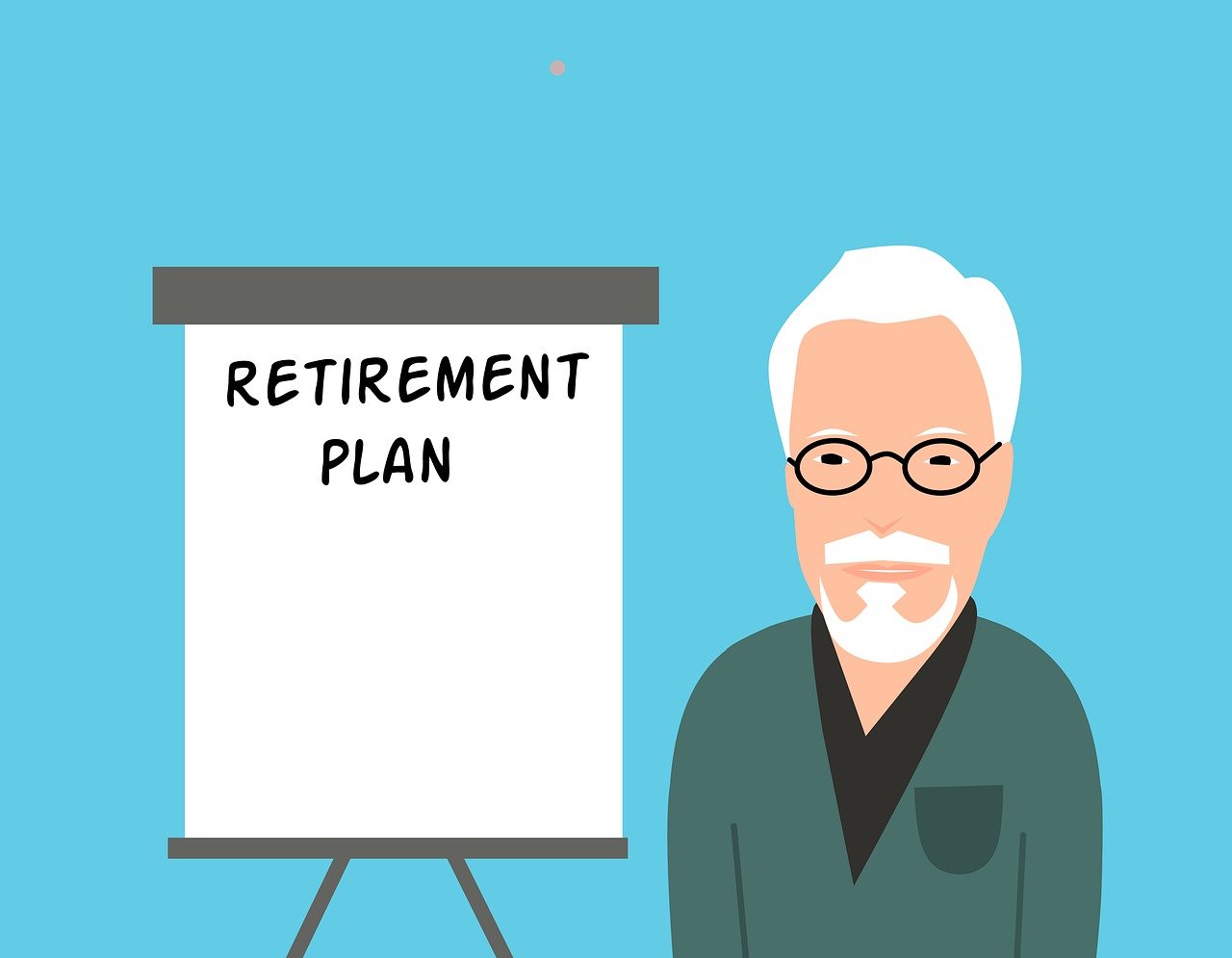Welcome to your comprehensive guide on Retirement Planning After 50. If you’ve reached the half-century mark and are concerned about your financial future, you’re not alone. Many people start to seriously consider their retirement options at this age, and if you haven’t already begun, now is the perfect time to dive in. Retirement Planning After 50 may seem like a daunting task, but with the right strategies and a proactive approach, you can pave the way for a secure and fulfilling retirement. In this article, we’ll walk you through the essential steps to ensure you’re well-prepared for the golden years that lie ahead
Discover how to secure a comfortable retirement even if you’re starting after 50. Our comprehensive guide covers everything from assessing your financial situation to investment strategies and estate planning. Learn how to set realistic goals, maximize Social Security benefits, and create a retirement budget that works for you. It’s never too late to plan for a fulfilling future. Start your journey to financial security today!
Introduction
Starting Sentence: If you’re over 50 and haven’t started planning for retirement yet, don’t panic—there’s still time to prepare for a comfortable future.
Retirement planning is a crucial aspect of financial security, and it’s never too late to start. This article aims to guide you through the various steps and strategies to ensure you’re well-prepared for your golden years.

The Reality of Retirement After 50
Starting Sentence: Turning 50 can be a wake-up call for many, especially when it comes to retirement planning.
The Current Retirement Landscape
The world of retirement has changed dramatically over the years. Gone are the days of relying solely on pension plans and Social Security. Nowadays, individual savings and investments play a significant role in retirement planning.
Challenges of Late Planning
Starting late comes with its set of challenges, such as fewer years to save and invest. However, it’s essential to focus on the opportunities that lie ahead rather than dwelling on lost time.
Opportunities for Financial Growth
Even if you’re starting late, various investment options can help you grow your retirement fund. The key is to take action now.

Assessing Your Current Financial Situation
Starting Sentence: Before diving into retirement planning, it’s crucial to have a clear understanding of your current financial standing.
Creating a Financial Inventory
List all your assets and liabilities. This will give you a clear picture of your net worth, which is essential for planning your retirement.
Understanding Your Debt
High-interest debts can be a significant burden. Consider paying off these debts as soon as possible to free up more money for your retirement fund.
Calculating Your Net Worth
Your net worth is the total value of your assets minus your liabilities. Knowing this number is crucial for setting realistic retirement goals.
Tools and Resources for Financial Assessment
Starting Sentence: Thankfully, there are various tools and resources available to help you assess your financial situation.
- Budgeting Apps
- Financial Advisors
- Online Calculators

Setting Realistic Retirement Goals
Starting Sentence: Setting achievable goals is the cornerstone of any successful retirement plan.
Desired Retirement Age
Decide when you want to retire. This will determine how many years you have to save and invest.
Lifestyle Expectations
Consider the lifestyle you want during retirement. Whether it’s traveling the world or spending time with family, your goals will dictate your financial needs.
Healthcare Costs
Healthcare can be one of the most significant expenses in retirement. Plan accordingly to ensure you’re covered.
Travel and Leisure Activities
If travel or specific leisure activities are in your retirement plans, make sure to account for these expenses in your budget.

Investment Strategies for Late Starters
Starting Sentence: Being a late starter in retirement planning doesn’t mean you can’t make impactful investments.
High-Risk vs Low-Risk Investments
Depending on your risk tolerance and time horizon, you may opt for high-risk investments like stocks or low-risk options like bonds.
Diversifying Your Portfolio
A well-diversified portfolio can help mitigate risks and offer better returns. Consider a mix of stocks, bonds, and other assets.
Catch-up Contributions in 401(k) and IRAs
If you’re over 50, the IRS allows you to make catch-up contributions to your retirement accounts. Take advantage of this to boost your retirement savings.
Tax Implications
Starting Sentence: Understanding the tax implications of your investments can save you a significant amount of money in the long run.
- Tax-Deferred Accounts
- Capital Gains Tax
- Roth Conversions

Creating a Retirement Budget
Starting Sentence: A well-thought-out budget is essential for ensuring you live within your means during retirement.
Fixed vs Variable Expenses
Identify your fixed and variable expenses to create a realistic budget. Fixed expenses include mortgage payments, while variable expenses can be dining out or entertainment.
Inflation Considerations
Inflation can erode your purchasing power. Make sure your budget accounts for this.
Emergency Funds
Life is unpredictable. Having an emergency fund can provide a financial cushion for unforeseen expenses.

Social Security and Other Benefits
Starting Sentence: Social Security can be a significant part of your retirement income, but it’s important to know how to maximize your benefits.
When to Start Collecting Social Security
The age at which you start collecting Social Security can impact your monthly benefits. Make an informed decision based on your financial needs.
Pension Plans
If you have a pension plan, understand the terms and conditions to maximize your benefits.
Medicare and Health Insurance
Healthcare costs can be a significant burden during retirement. Understand your Medicare options and consider supplemental insurance.

Estate Planning and Legal Considerations
Starting Sentence: Estate planning is often overlooked but is an essential part of preparing for retirement.
Wills and Trusts
Having a will or trust ensures that your assets are distributed according to your wishes.
Power of Attorney
A power of attorney can make financial and healthcare decisions on your behalf if you’re unable to do so.
Healthcare Directives
Healthcare directives specify your wishes regarding medical treatment in case you can’t communicate your decisions.

Wrapping It Up: Your Roadmap to a Secure Retirement
Starting Sentence: Retirement planning after 50 may seem daunting, but with the right strategies and mindset, it’s entirely achievable.
Summary of Key Points
We’ve covered a lot of ground, from assessing your financial situation to setting retirement goals and understanding legal considerations.
Final Thoughts and Encouragements
Remember, it’s never too late to start planning for retirement. Take the first step today, and secure a comfortable future for yourself.

Frequently Asked Questions (FAQ)
- Is it too late to start planning for retirement at 50?
- No, it’s never too late. There are many strategies to catch up on your retirement savings.
- How much should I save for retirement?
- This depends on your lifestyle expectations, but financial advisors often recommend having at least 8-10 times your annual salary saved by retirement.
- What are the best investment options for people over 50?
- Diversified portfolios that include a mix of stocks, bonds, and other assets are generally recommended.
- When should I start collecting Social Security?
- The age can vary depending on your financial needs, but delaying until full retirement age can increase your monthly benefits.
- Do I need a will or trust?
- Yes, estate planning is crucial for ensuring your assets are distributed according to your wishes.






Pingback: Understanding Your Insurance Needs for 50s - A Comprehensive Guide